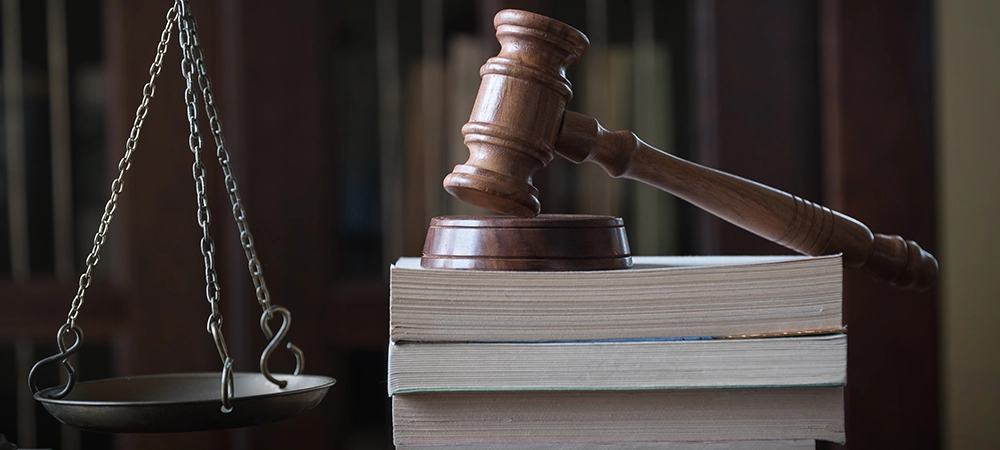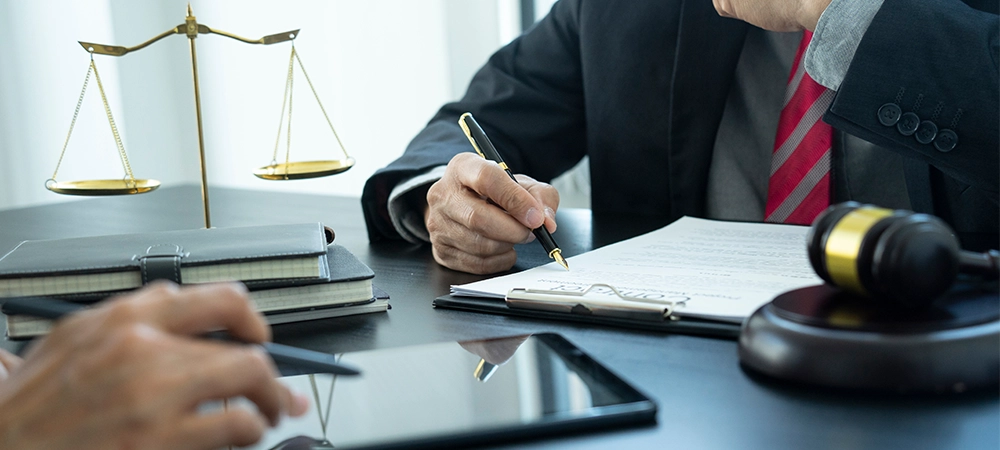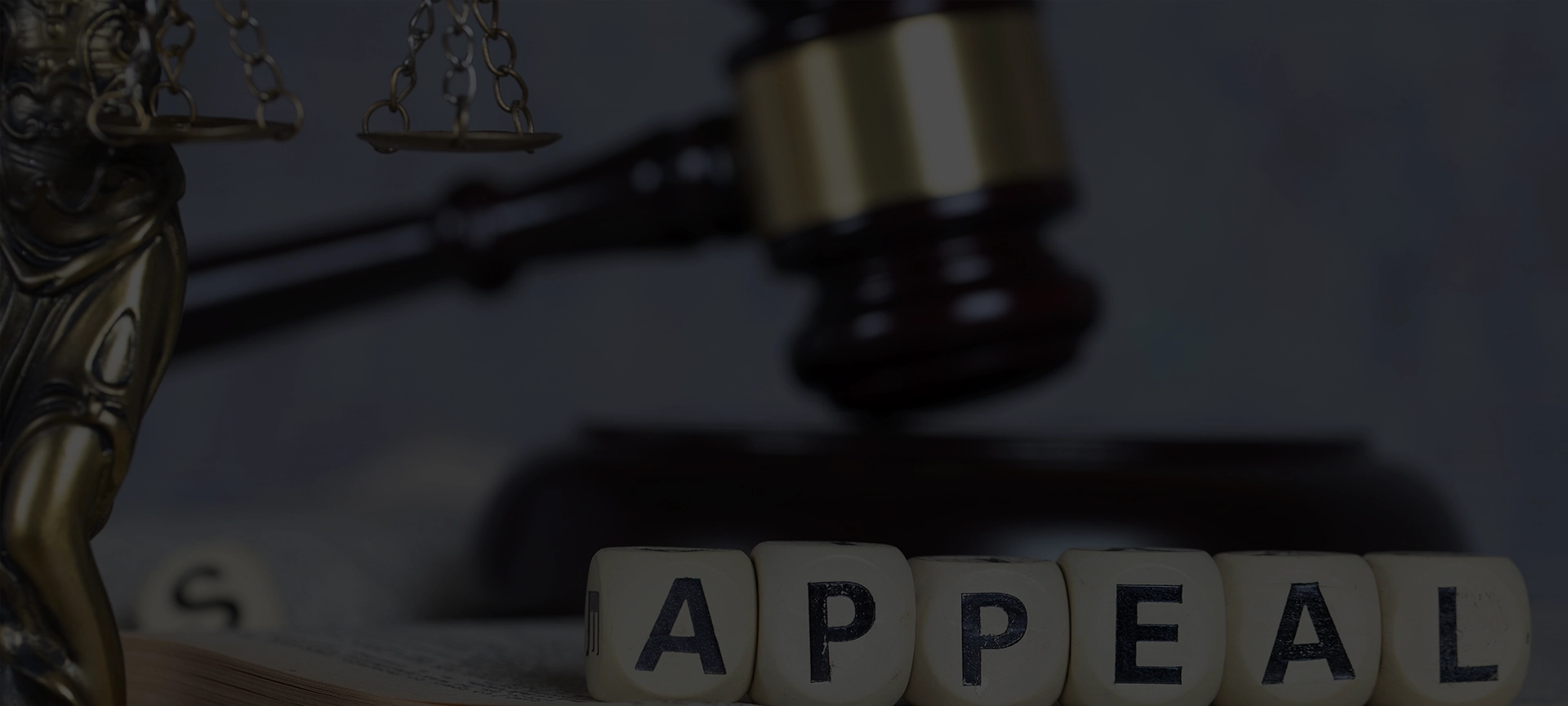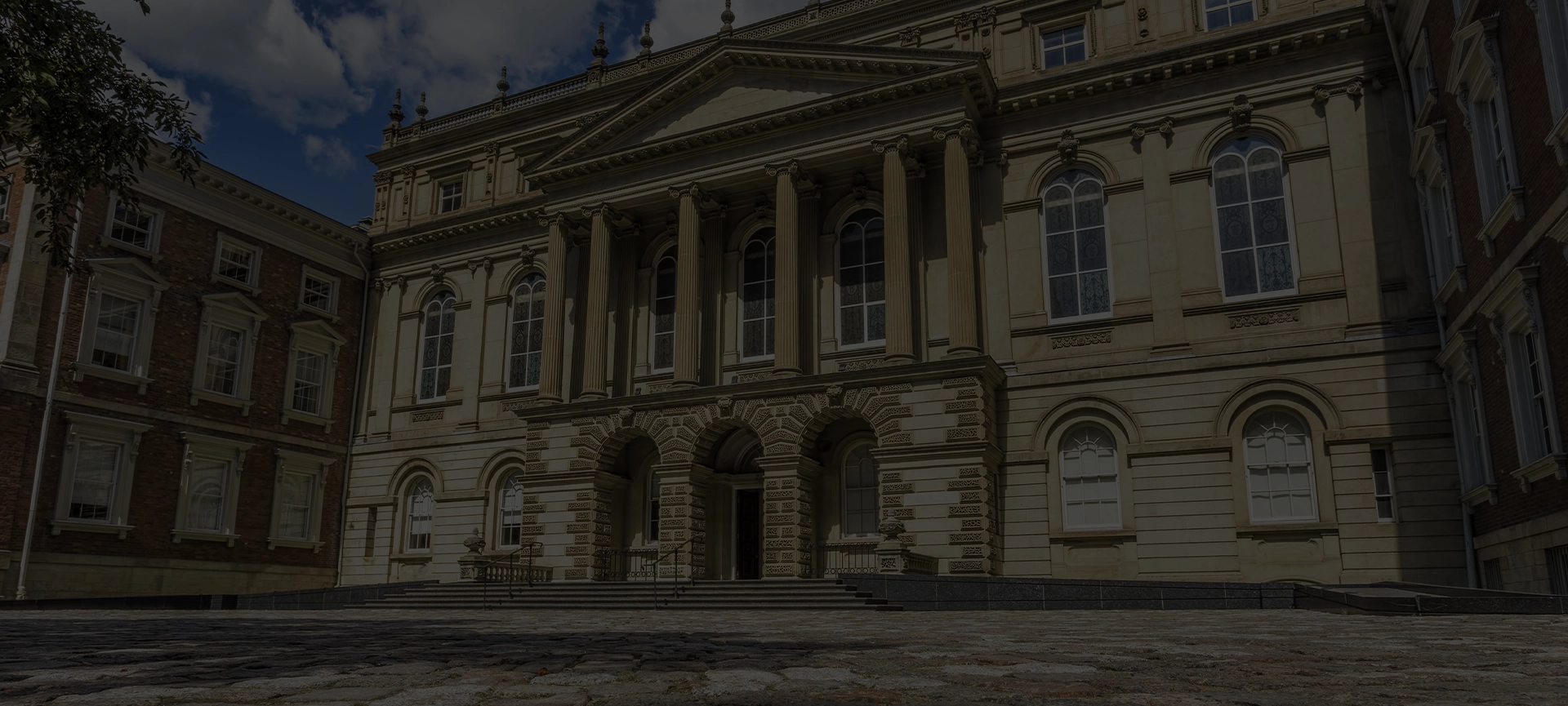If you believe that an error was made during your trial, then you’ll want to appeal the decision. Thankfully the Canadian criminal justice system has a framework for this, but you’ll still have plenty of questions about the process.
That’s why we wanted to put your mind at rest. Here we’ll go over the grounds that you need for an appeal, its different stages, and also the potential outcomes. Join us as we look at what to expect at a criminal appeal hearing.
Understanding the Grounds for Appeal
Before getting the criminal appeals process started, you need to know whether or not you have any grounds for appeal. A misconception about the criminal appeals process is that you can appeal merely on the basis of knowing you’re not guilty.
Sadly, it doesn’t work like that, as an appeal is not a retrial. Instead, it’s an opportunity to argue that an error has been made that affected the outcome of the case. These could be errors in law, such as a misinterpretation, or an error in procedure, such as improper administration of the evidence.
There can be other grounds for appeal too and it’s important to work with your criminal defense lawyer to present a strong case.
The Appeals Process: Stages of a Criminal Appeal
Once you know you have solid grounds for appeal, you can move on with the process. You generally have 30 days from the date of the sentencing to file an appeal. Here is what happens during a criminal appeal process.
1. Notice of Appeal
To get the ball rolling you need to file a “Notice of Appeal”. This is a document that outlines your intention to appeal and on what grounds you’ll be doing so. It will also notify all relevant parties of the appeal.
Given the short timeframe involved, it’s best to start working on this document with your lawyer as soon as possible. If you have been jailed, then you will be given the time to prepare this document whilst in custody.
2. Transcript and Appeal Book
After the appeal has been filed, you need to obtain a trial transcript. If you have a legal team, they will do this for you. This gives a complete record of everything that happened during the trial.
Your legal team will also create an appeal book. This is a collection of important trial documents and evidence that will be required to prove the error.
New evidence can be submitted but a request must be made to do it. Generally, this should be evidence that you couldn’t have submitted during the trial. You’ll also need to argue that it is credible and would have been decisive in the original case.

3. Written Submissions
The first stage of arguing an error in the original trial is through written submissions. Not only will the appellant (the person making the appeal) make their case but also the respondent (prosecution) will submit their response to the appeal. The court will then decide if there needs to be a hearing.
4. Oral Arguments
If a hearing is granted, then both sides will present oral arguments to the appeals court. Remember, this is not a retrial and unless it relates to the specific error being argued, no one will be asked to take the stand.
5. The Appellate Court’s Decision
After considering both the written and oral arguments, the appeal court will then make its decision. There are several outcomes possible that depend on a wide range of factors. Of course, it’s possible that they will dismiss the appeal and the original sentence will remain.
If they accept the appeal, it’s common for them to overturn the conviction and order a retrial. Here the original error will be corrected, and a fairer case heard. It is still possible that a guilty verdict will still be found at a retrial.
The appeals court has other powers too. They have the power to change the sentence (or better or worse) and also acquit the defendant if the guilty verdict was unsupported by evidence.
The Outcome of the Appeal: Next Steps
If the Appeal is Successful
If the appeal was successful, then the next steps will depend on the judgment that was made. Your legal team will most likely work with the relevant authorities. If a retrial or acquittal is ordered, then this usually includes the defendant being released from custody. If the opposing party disagrees with the appeal decision, they can appeal to the Supreme Court.
If the Appeal is Unsuccessful
If the conviction is upheld, then your options are usually limited. While either party can appeal to the Supreme Court, it generally only hears the most important cases or if there is a grey area in the law. Your criminal appeals lawyer can advise you on the next steps.

Final Thoughts
If you believe there was an error in your trial, then the appeals court is there to ensure that proper justice is served. It’s important to work with your criminal appeal lawyer to ensure the case is properly presented and the correct procedures are followed.
A great criminal appeal lawyer will not only give you the best chance of success but also be by your side to guide you through the process. If you’re looking for legal help, then here at AGP LLP we’d be honored to help. Contact us today to see how we can support your quest for justice.





